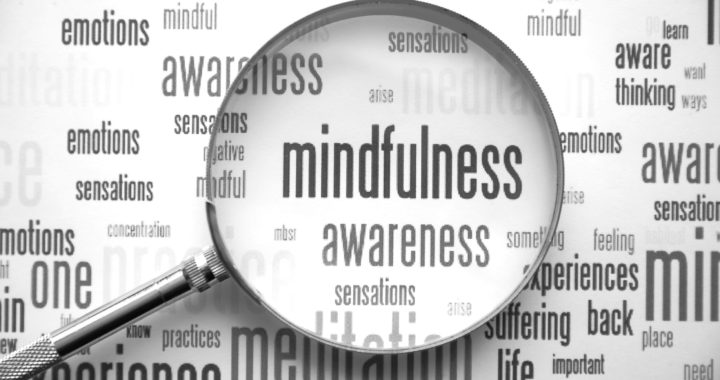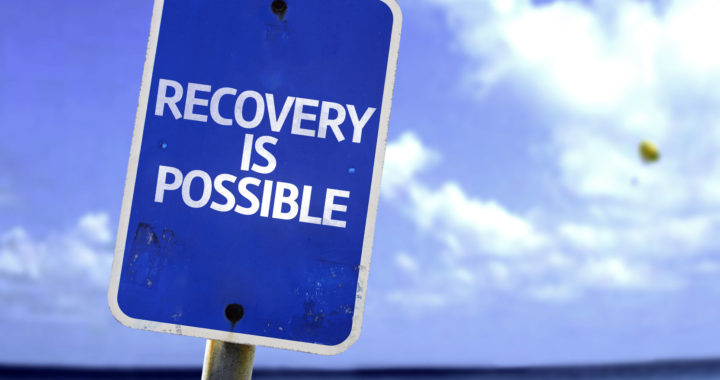Get Informed: The more you know…
The Transformative Power of Peer Support
Having worked in mental health services for over 25 years, I have had the privilege of meeting many courageous people who are walking through life, facing challenges head on, combating obstacles to recovery, and being brave enough to tackle stigma by identifying themselves as a “peer.” Read More.
Alcohol and Older Adults: Stay Aware and Healthy
While we tend to focus on the effects of alcohol on our younger generation, there is a growing alcohol issue with our senior population. Alcoholism is a rising problem as baby boomers are facing life-altering events such as retirement, losing a loved one, or losing one’s life purpose. According to the National Institute on Alcohol Abuse and Alcoholism (NIAAA), drinking among seniors age 50 and older is rapidly increasing. In fact, drinking within this population has been growing the most! Read More.
DBT: What Is It and Is It for You?
DBT, Dialectical Behavior Therapy, has grown to be a well-regarded form of mental health treatment. Krista Zanfardino, LCSW and Associate Vice President at CoveCare Center states, “DBT offers an excellent set of tools to learn how to deal with your emotions in an effective, positive way.” Read More.
The Power of Hope in Mental Health Treatment
It all starts with hope. Hope drives recovery, just as it drives life. Read More.
The “Perfect” Parent
As parents and caregivers, you may feel pressure to be perfect, but parenting can be overwhelming. Read More.
Self-Care for the New Year: Keeping Stress in Check
The best way to manage stress and prioritize self-care is to learn healthy coping strategies. If we do not find healthy ways to handle our stressors, they may end up taking a toll on both our physical and mental health. Read More.
The Opioid Epidemic and What We Can Do
We are constantly hearing that we are in the midst of an opioid epidemic. Many may wonder what opioids truly are, why they are causing so much death and destruction across our country, and what can be done about it. Read More.
What is Trauma-Informed Care?
Mental health practitioners may not be able to change the world in a day; however, they can empower themselves to change the way trauma is viewed and the impact it has on those overcoming traumatic experiences. Read More.
The Roadmap for Grief
When we experience a loss in our life, the world as we know it is shaken. Whether it is the death of a loved one or a dramatic life event (the loss of a job, divorce, illness, etc.), our sense of control, belief in predictability, and a “map” of how to react is questioned. Read More.
Preventing Teen Suicide
In America, one person dies by suicide every 13 minutes. According to the Substance Abuse and Mental Health Services Administration (SAMHSA), it is the 2nd leading cause of death for teens. The biggest risks include prior attempts, a current mood disorder, substance abuse, and access to means. Research also suggests that males are more likely to complete a suicide than females. Read More.
Find Out More
Next Steps
If you need assistance to identify the services that would most effectively address your concerns, please call (845) 225-2700 X102 or email [email protected]
See How We Can Help
Read about some of the people whose lives have been changed through CoveCare Center services. Click here.
Latest News
Learn about the latest developments, happenings and announcements that have CoveCare Center in the News! Click here.
Support CoveCare Center
Please consider supporting CoveCare’s mission. We rely on the generosity and partnership of individuals, businesses and foundations to sustain our services. With your help, we can achieve our mission and realize our vision! Donate.









